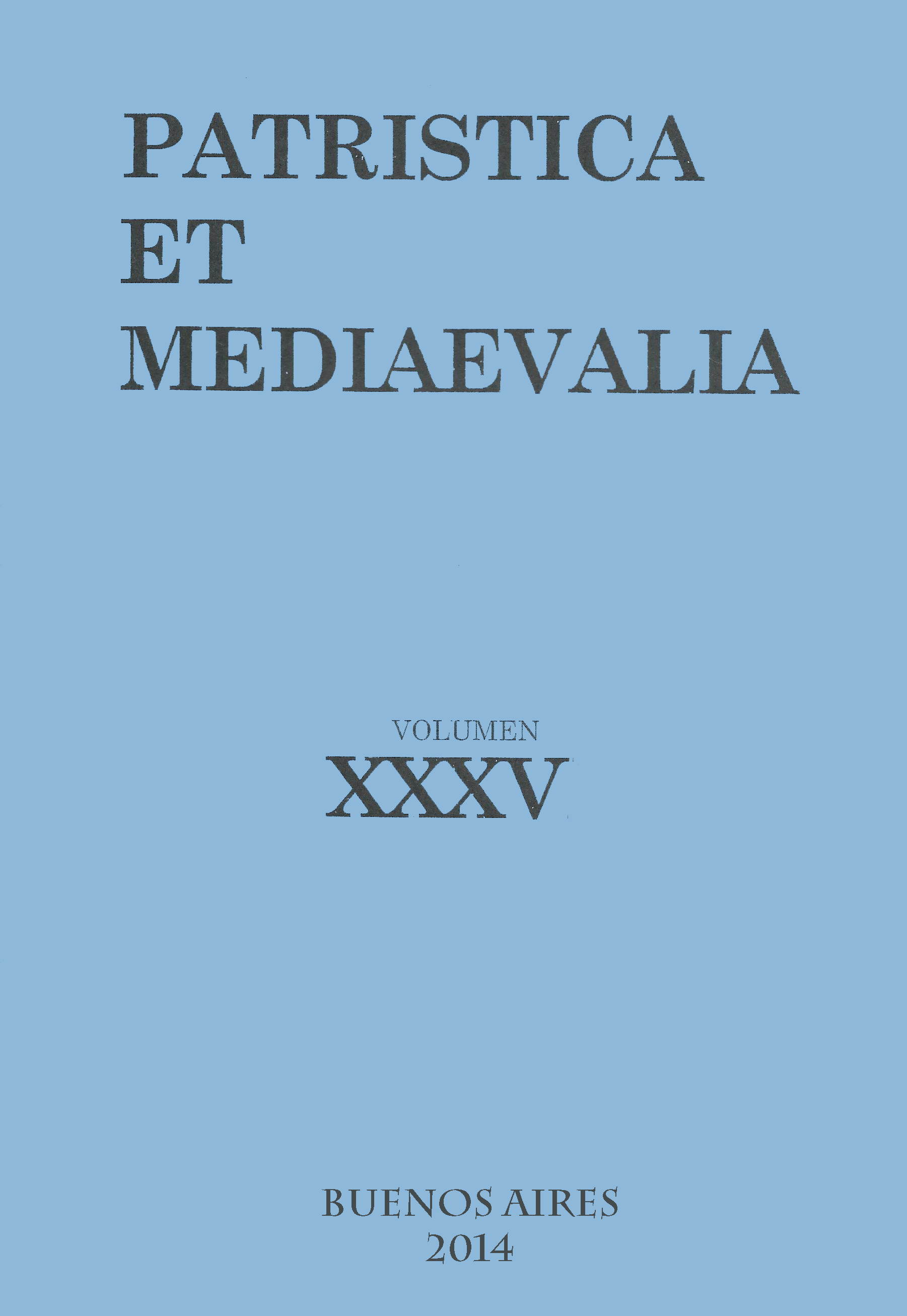A Late Scholastic Reception of the Political Philosophy of Hobbes
About The Catching of Leviathan or The Great Whale of John Bramhall (1593-1663)
Abstract
This paper discusses the criticisms that John Bramhall has made in his The Catching of the Leviathan, from a scholastic approach, to Hobbes’s Political Philosophy. The exposition focuses on five main aspects. Bramhall criticizes (1) Hobbes’ claims of accuracy of the new civil science; (2) the Leviathan’s understanding of “sovereignty”, both internal and external; (3) the destruction of economic bonds implicit in his Political Theory, (4) the contradictions in his characterization of the link between the civil and religious fields; and finally, (5) the falsehood and atheism implicit in Hobbes’s concept of “state of nature”.Downloads
References
Bobbio, N. (1985). El modelo iusnaturalista. En Bobbio, N. De Hobbes a Gramsci. Madrid: Debate, 73-149.
Cunningham, J. (2007). James Ussher and John Bramhall. The Theology And Politics of Two Irish Ecclesiastics of the Seventeenth Century. Aldershot: Ashgate.
Jackson, N. (2007). Hobbes, Bramhall and the Politics of liberty and necessity. Cambridge: Cambridge University Press.
Lessay, F. (1993). Introduction. En Hobbes, De la liberté et de la nécessité. París: Vrin.
Lessay, F. (2013). La controversia Hobbes-Bramhall: ¿los últimos destellos de la escolástica? En Hobbes & Bramhall. Sobre la soberanía. Prólogo de F. Lessay, trad. y notas R. González Sola y F. García Gibson. Hydra: Buenos Aires, 9-44.
Strauss, L. (1963). The Political Philosophy of Hobbes. Chicago: University Chicago Press.
1. The authors who publish in this magazine accept the following conditions:
-
They retain the copyright and grant to the magazine the right of the first publication, with the work registered under the Attribution-ShareAlike 4.0 International License that allows third parties to use what is published as long as they mention the authorship of the work and the first publication in this magazine.
-
They can make other independent and additional contractual agreements for the non-exclusive distribution of the version of the article published in this magazine (eg. include it in an institutional repository or publish it in a book) provided that they clearly indicate that the work was first published in this journal.
-
They are allowed and recommended to publish their work on the Internet (for example on institutional or personal pages).
2. AutoArchive Conditions. Authors are allowed and encouraged to distribute post-print electronic versions of their manuscripts because it promotes their circulation, a possible increase of quotation and a major reach among the Academic community. Color RoMEO: blue.













